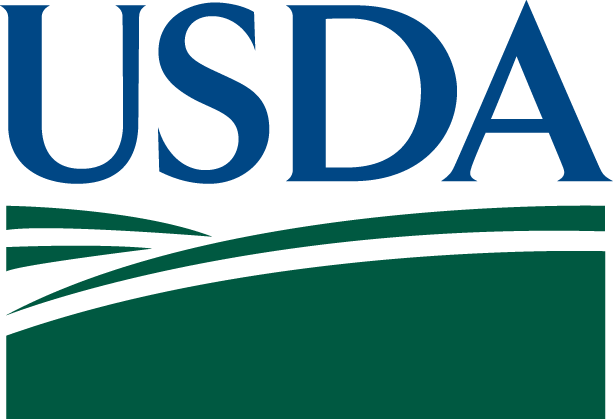USDA National Needs Fellowship

USDA National Needs Fellowship
This National Needs Fellowship (NFF) sponsored by the USDA National Institute of Food and Agriculture, provides support for training outstanding M.S. and Ph.D. students with broadening scientific and professional expertise in commodity markets. Commodity markets are a centerpiece of the targeted expertise shortage area in agricultural management and economics. Our successful candidates are pursuing either an M.S. in Agricultural and Applied Economics or Ph.D. in Economics and engage in rigorous coursework and experiential learning through participation in the Commodity Investing by Students (COINS) program.
We are no longer accepting applicants as this program will conclude at the end of 2025.
The COINS program provides an opportunity for students to:
- take an active role in their education and training by managing the fund;
- apply the knowledge they obtain from coursework to real-time, real money trading in commodity markets;
- interact, mentor, and share their skills with their peers; and
- manage relationships within the group as well as with clients, alumni, and stakeholders.
Fellows graduating from this program will find plentiful career opportunities in industry, research, or policy.
The experience details:
These fellowships were fully-funded assistantships that include tuition waivers and opportunities to work with the COINS program.
- Required: U.S. citizen or national
- Required: Meets admissions requirements
- Encouraged to apply: Women, first-generation students, and underrepresented minorities
Students are learning how to ...
- To analyze market forces, forecast market movements, and make investment decisions
- To understand the economic value of commodities and natural resources, and discern how economics influences policy decisions in both government and industry
- How to model and forecast commodity price volatility and its responses to various market factors.
Previous Ph.D. students have examined topics related to the costs of futures hedging, grass-fed beef price premiums, and the impacts of animal disease on livestock markets and prices, as well as changes in the impact of USDA information on U.S. grain and livestock markets.
Examples of recent Ph.D. student projects include:
- Grass-fed beef price premiums
- Impact of Animal Disease Outbreaks on the U.S. Meat Demand
- Futures-Based Forecasts of Cotton Prices: Beyond Historical Averages
Master’s students in this specialization have examined topics related to commodity ETF tracking performance, futures-based forecasts of US crop prices, organic price premiums and risk in U.S. feed grains markets, as well as VA grain and feeder cattle basis analysis and forecasting.
Examples of M.S. student projects include:
- Commodity ETF Tracking Performance
- Review and Evaluation of Grain Marketing and Hedging Strategies for Virginia Grain Producers
What separates COINS graduate students is that they tend to explore research topics that are underpinned by their practical experiences. For example, Sarah McKay examined premiums for organic grains after her internship with General Mills. Tyler Neff examined the tracking errors of the ETFs that COINS trades relative to the market baskets they represent. His interest was buoyed by the fact that this affected our daily trading activities. Ryan Speck decided to evaluate the roll yield maximization approach to constructing a commodity portfolio as that was the approach used at Invesco Bank, where he interned prior to starting his research work.
The majority of COINS students earn practical experience through internships, for example in the following industries and companies.
Agribusiness companies
- Smithfield Foods
- Perdue Agribusiness
- JBS
- Cargill
- Intel FCStone
Financial companies
- Bank of America
- Merrill Lynch
- City Bank
- Wachovia
Energy companies
- British Petroleum
- Exxon Mobil
The overall goal of all these experiences is to develop skills in commodity market analysis, investing, and price risk management. Students are involved in relevant Extension projects, such as developing and maintaining a Virginia Commodity Marketing website.
The expectations were to:
- Join the COINS program in their first semester of studies and continue their membership throughout their graduate program
- Complete the coursework required for their graduate degree
- Conduct independent research in fulfillment of a thesis or dissertation
- Attend and present research at a scientific or professional symposium or event.
Meet your faculty mentors:



This fellowship is sponsored by the USDA National Institute of Food and Agriculture.
2025
- Isaac Albores
- Will McGuirk
- William McWilliams
2024
- Isaac Albores
- Will McGuirk
2023
- William McWilliams
2022
- Jayson Gill
- Derrell Joppy


